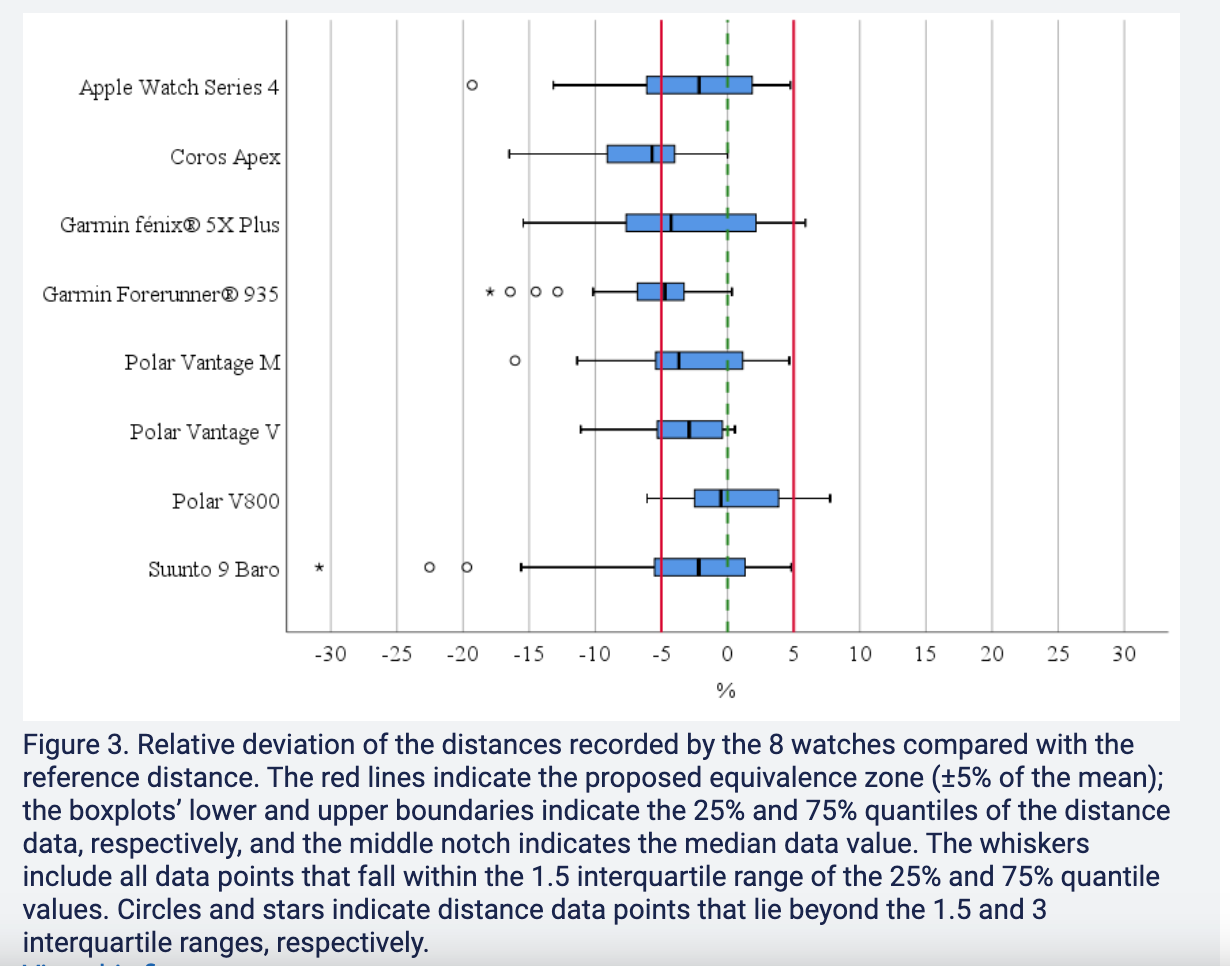I know it is a small thing but it is one of those things that is quite annoying about Strava. You know that situation when you finish a run and notice that it is very close to a round number of miles, than you run a bit further to make it e. g. 5 miles. Then it uploads to Strava and shows as 4.99 miles in some parts of the app and 4.9 miles in other parts of the app (e. g. the training calendar). Can Strava stop doing that?
Answered
Why Strava distance is always 0.01 mile shorter than Garmin distance?
Best answer by Smarties
Your philosophical stance just cost me a pb on a half marathon that i have been training for for 5 months. Garmin says 21.1km and Strava says 21.09km. What gives you the right to do this? Rounding down is just stupid. I work with data for a living and no dataset is 100% correct anyway, but you are denying athletes pb’s for a couple of meters. I trained, i cried, I covered the distance but yet you deny me a pb. Do you really think that anyone cares about your philosophical stance? Its stupid. Who is the clown making these decisions in your company? Get your act together Strava!
Login to the community
Enter your E-mail address. We'll send you an e-mail with instructions to reset your password.







 Please note that this research has focused on running distance measurement. One of the conclusions was that devices tend to measure distance short when running as opposed to walking or cycling activities that tend to be more accurate.
Please note that this research has focused on running distance measurement. One of the conclusions was that devices tend to measure distance short when running as opposed to walking or cycling activities that tend to be more accurate. 
